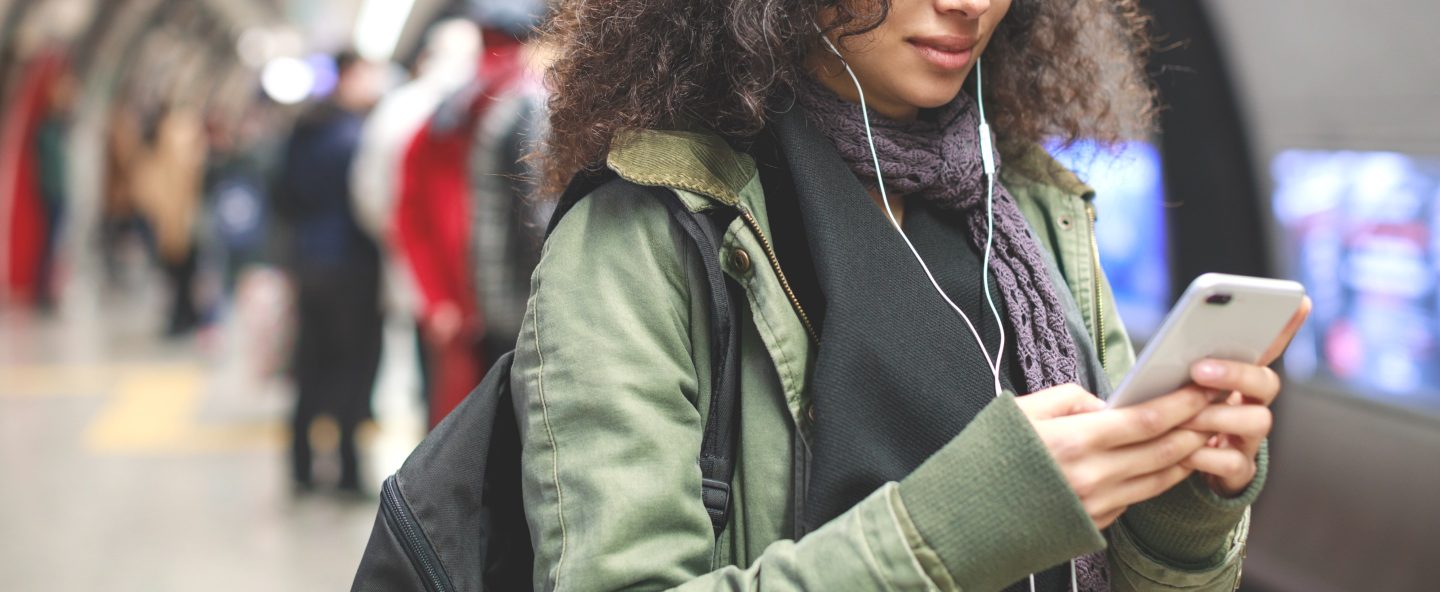Authors
Jacobson N, Bhattacharya S
Purpose
To use passively-collected smartphone sensor data to predict momentary changes in anxiety and avoidance symptoms in persons with generalized anxiety disorder or social anxiety disorder.
Methods
Researchers recruited 32 undergraduate students who screened positive for generalized anxiety disorder and/or social anxiety disorder. Participants installed a smartphone app, “Mood Triggers”, and completed hourly ecological momentary assessments to measure their anxiety and avoidance symptoms for one week. The app collected sensor data from the smartphone related to exposure to light, social contact, location, and heart rate. The GPS feature was used to assess location type and weather. Physiological activation data (heart rate and heart rate variability) were collected via fingerprint videography using the back camera of the phone. Researchers used personalized deep-learning models to predict associations between the smartphone data and changes in anxiety and avoidance.
Findings
- Models accounted for a large proportion of variation in hourly anxiety and avoidance symptoms across participants (R2=.75) and a sizable proportion of within-person variation in hourly symptoms (average R2=:39).
- Models demonstrated strong discriminant validity for predicting symptoms.
- Being indoors was consistently among the top location features associated with higher symptom severity.
Relevance
- Passively collected data from devices in persons’ daily lives can be used to predict changes in anxiety and avoidance symptoms.
- Findings could inform the development of content and timing of interventions for anxiety disorders.
- Future research will test the feasibility and efficacy of just-in-time adaptive interventions to target momentary changes in persons with anxiety disorders.
Read More
Jacobson NC, Bhattacharya S. Digital biomarkers of anxiety disorder symptom changes: Personalized deep learning models using smartphone sensors accurately predict anxiety symptoms from ecological momentary assessments. Behav Res Ther. 2022 Feb;149:104013. doi: 10.1016/j.brat.2021.104013. PMID: 35030442; PMCID: PMC8858490.
